Wow. If ever there was a frightening Gospel reading, I think we just heard it! All this talk about beating the menservants and the maidservants, and the hope of being beaten “only lightly.” Yikes. Even the whole notion of the Son of Man coming at an hour we do not expect is pretty concerning. We almost want to close the cover of the book, back away slowly, and say, “then who can be saved?” But I promise this reading is really good news.
I think we need the good news that this Gospel reading brings us these days. With major mass shootings happening so very often – two of them last weekend, with families ripped apart as we struggle as a nation with defense of our borders versus welcoming those in need, with politicians vying with each other to see who is the most pro-choice, pro-abortion candidate, with the very dire effects of climate change that we are seeing lately, well, again, we almost want to turn off the television, close the newspaper, back away slowly and say, “then who can be saved?” In these days we need the good news that there is something eternal and awesome and worth living for.
Listen to the opening line of the Gospel again: Jesus says to his disciples, “Do not be afraid any longer, little flock, for your Father is pleased to give you the kingdom.” That is a revelation so glorious that it should have us up dancing in the aisles, praising God, and throwing a huge party. Think about it: the Father is pleased to give us the kingdom. The whole thing. Doesn’t cost us a cent. All of it is ours! If there was ever any good news to share, this is it. It’s better than a huge promotion at work, it’s even better than winning the lottery. All those things last but a moment, but the kingdom, well that’s for eternity.
And it’s an eternity that we need to keep in mind these days. Life on this earth is hard, so what is there to live for? Well, we know it: we have the promise of the kingdom, and our Father is pleased to give it to us! So now that we know that the Father is pleased to give us the kingdom, I’d like to explore two questions. First, are we pleased to receive the kingdom? And second, what on earth do we do with it?
Okay, so are we pleased to receive the kingdom? Well, the obvious answer is “yes!” I mean, the kingdom is the great promise that brings us here to church today. Inheriting the kingdom means we are not going to hell; indeed, we will have everlasting happiness. But I wonder how readily we receive this gift of all gifts – and let’s be clear: this is the best gift we’re ever going to get. But there are so many other things out there, and we want to keep our options open. We’d rather pursue the big promotion, the latest and greatest shiny gadget, and so much more. Lots of things tempt us and look better than the gift the Father is pleased to give us.
Another obstacle to receiving the kingdom is maybe we feel like there’s always time to receive that gift. We’re going to live a long time, right? So why deny ourselves so many passing things in favor of receiving the kingdom? We can always receive the Father’s gift later. Except for the fact that none of us knows how much time we have in this life. Procrastination is our enemy, because some day could well turn into never. Not only that, but Jesus came to clearly proclaim that the kingdom is now, and why would we deny ourselves the pleasure of receiving the kingdom now and latch on to so many easily-tarnished things? Now is the time, and there’s no gift greater.
And that’s what I think Jesus is addressing in the scary-sounding parables that follow. We don’t know when our Master will return, so best to be always ready. It’s not that we should fear being beaten – severely or “only lightly” – we should fear something far worse, which would be missing out on life in the kingdom of God. Jesus came to proclaim very loudly that the kingdom of God is at had – he says those exact words all through the Gospels. Friends, the kingdom is what happens while we’re busy with all the things that consume us day and night. If we don’t live like we’ve inherited the kingdom now, we’ll never get it, because we will have lived somewhere else all our lives.
So if we receive the kingdom, what are we supposed to do with it? Well, just like all of God’s gifts, it’s not just for us. We’re supposed to share it. We’re supposed to live like we are part of it. We’re supposed to live in the kingdom so that others will want to join us. So this gift of the kingdom calls us to greater integrity, greater love, greater mercy, greater holiness. This may well seem like hard work, and that’s because it is. Jesus made it clear at the end of today’s Gospel: “Much will be required of the person entrusted with much, and still more will be demanded of the person entrusted with more.”
So does that make the gift of the kingdom seem like a burden? Well, maybe. But it’s a happy burden, a glorious burden, a sweet burden. All the saints tell us as much. Even Jesus said, “My yoke is easy, and my burden is light.” (Matthew 11:30) But we’ll never realize that until we go all in and receive the gift the Father is pleased to give us today. It’s kind of like that project that seems daunting, but once we get into it, is actually kind of fun. That’s the burden of the kingdom.
Jesus brings us the best of all Good News today: the Father is pleased to give us the kingdom. So what do we have to do, what do we have to let go of, in order to receive it? How do we live with to greater integrity, greater love, greater mercy, greater holiness, so that when people see it in us, they will want what we have more than anything? That’s what should be our to-do list this week. Put aside the despair of the daily news, receive the Father’s gift of the kingdom, then live in such a way that we share that gift with everyone and brighten our own corner of the world. We have to live like that’s our job. Because it is.

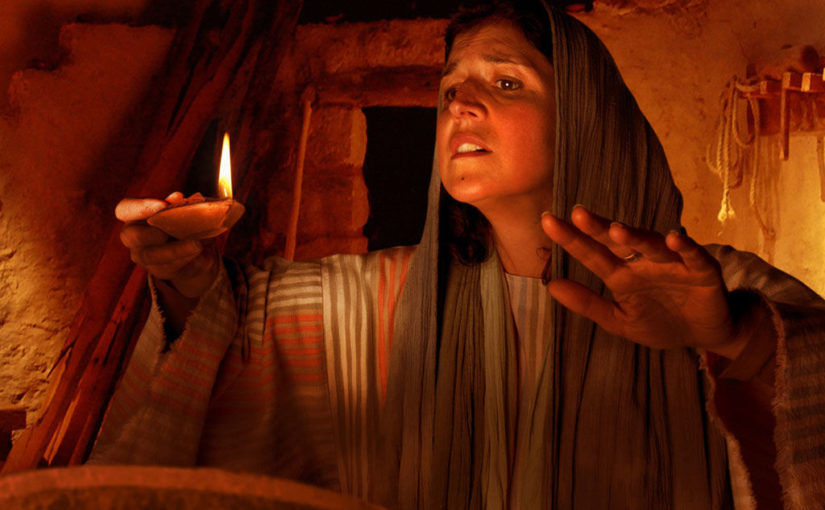
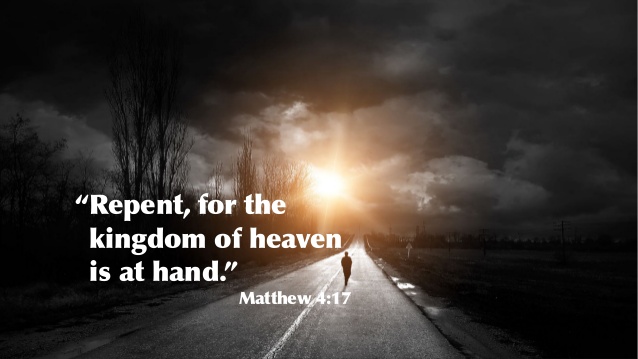
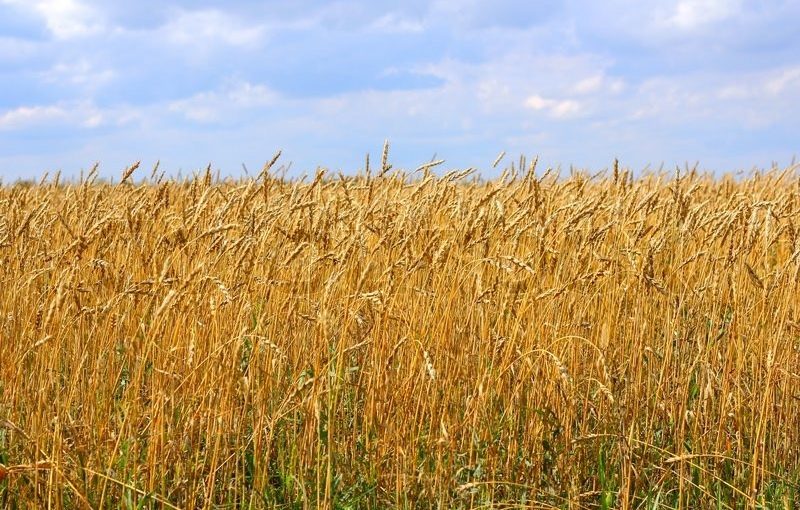


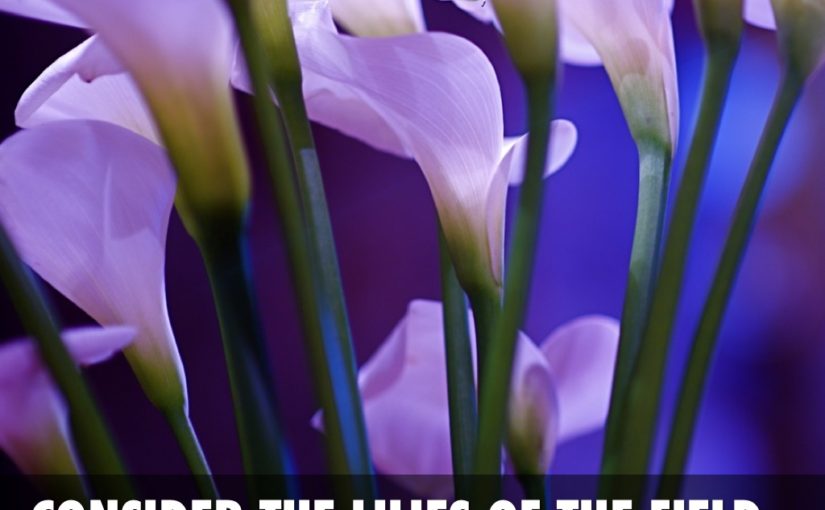
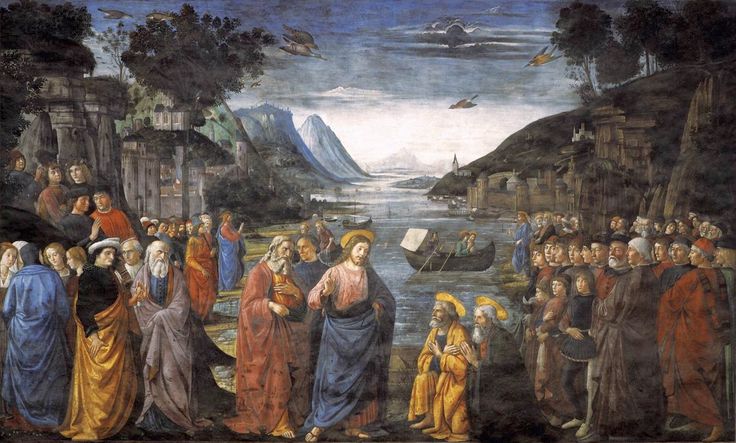


You must be logged in to post a comment.